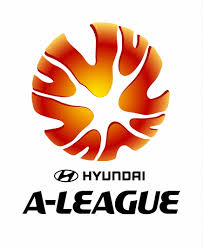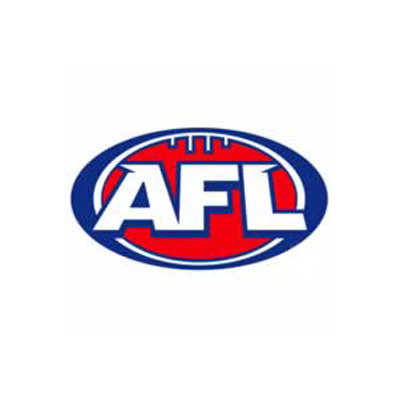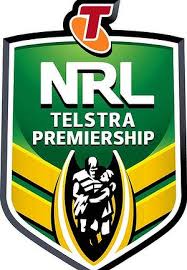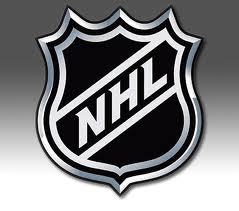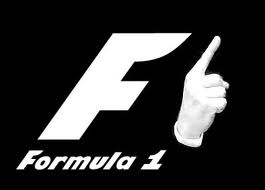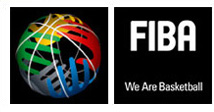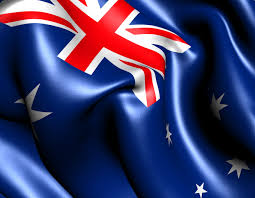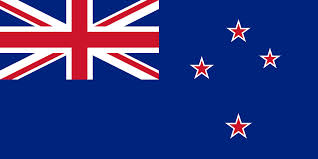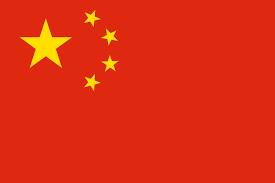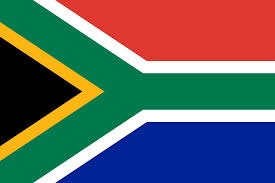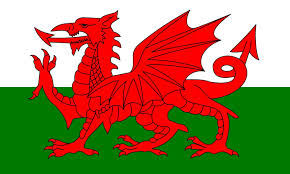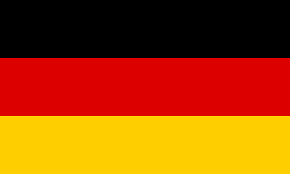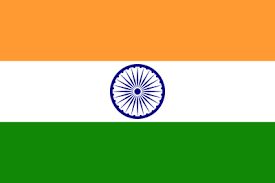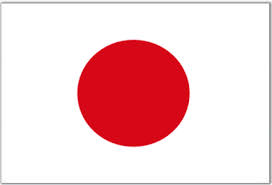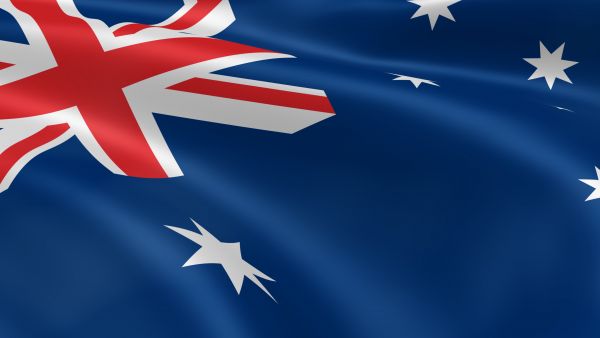Croatian Basketball Federation (Basketball) (Basketball)
 |
          |
Croatian Basketball Federation website: http://translate.google.com.au/translate?hl=en&sl=hr&u=http://www.hks-cbf.hr/&prev=/search%3Fq%3Dcroatian%2Bbasketball%2Bfederation
Latest News & Results
Briefly about HKS
Croatian Basketball Federation was founded in the 19th prosinca in 1948.
The beginnings of basketball in this region are associated with the American William Weillanda stay, the delegates of the Christian community's youth, who in 1924 in Zagreb showed a new sports game.  Croatian federation was previously part of the Basketball Federation of Yugoslavia, and 17.11.1991. became an independent union. Members of the international basketball organization (FIBA) Croatian Basketball Federation became the 19/01/1992.
Croatian federation was previously part of the Basketball Federation of Yugoslavia, and 17.11.1991. became an independent union. Members of the international basketball organization (FIBA) Croatian Basketball Federation became the 19/01/1992.
Contribution to the success of the national team of the former government is reflected in the fact that the players of Croatian won 27 of 60 medals and six of the 12 gold at the Olympics.
Eight of the nine major successes of the former state (winning the World and European Championships and Olympic Games), Croatia gave five or more players. Also, our clubs split (former Jugoplastika, POP 84) and Cibona (former FC) are the winners of Europe's most important club competition in that period.
Basketball is widely known Croatian product.
Croatia has made a lot of top players between which emphasize Skansija, Šolman, hoarder, Cosic, jerk, Plećaš, Petricevic, Giergiju, Nakica, KNEGO, Vrankovića, Perasovic, Kukoc, Radja, KOMAZEC, Tabak, tragically killed Drazen Petrovic and many others.
 In recent times our players become members of NBA teams. Let us mention that in season 2005/06. it played Kukoc Giriček, Kasun and Planinić, while in the last season (2008/09). Croatian basketball represented Roko Ukic.
In recent times our players become members of NBA teams. Let us mention that in season 2005/06. it played Kukoc Giriček, Kasun and Planinić, while in the last season (2008/09). Croatian basketball represented Roko Ukic.
The work and organization of the Croatian Basketball Federation and Croatian national team speaks commendable. Over the past few years we have organized various European and international youth competition category in the near future, we hope the same organization in the senior age.
Results and behavior of our youth representatives in the most important competitions give us the right to hope for a return to the old paths to success.
Out just the most recent examples - the junior national team after winning the bronze medal at the European Championships of 2008, successfully performed at the U-19 World Cup in New Zealand. Also, the gold medal with the Mediterranean Games in Pescara and earlier placement of A team at the Beijing Olympics (won sixth place) a legitimate right to hope for a bright future.
 - All Sports
- All Sports





